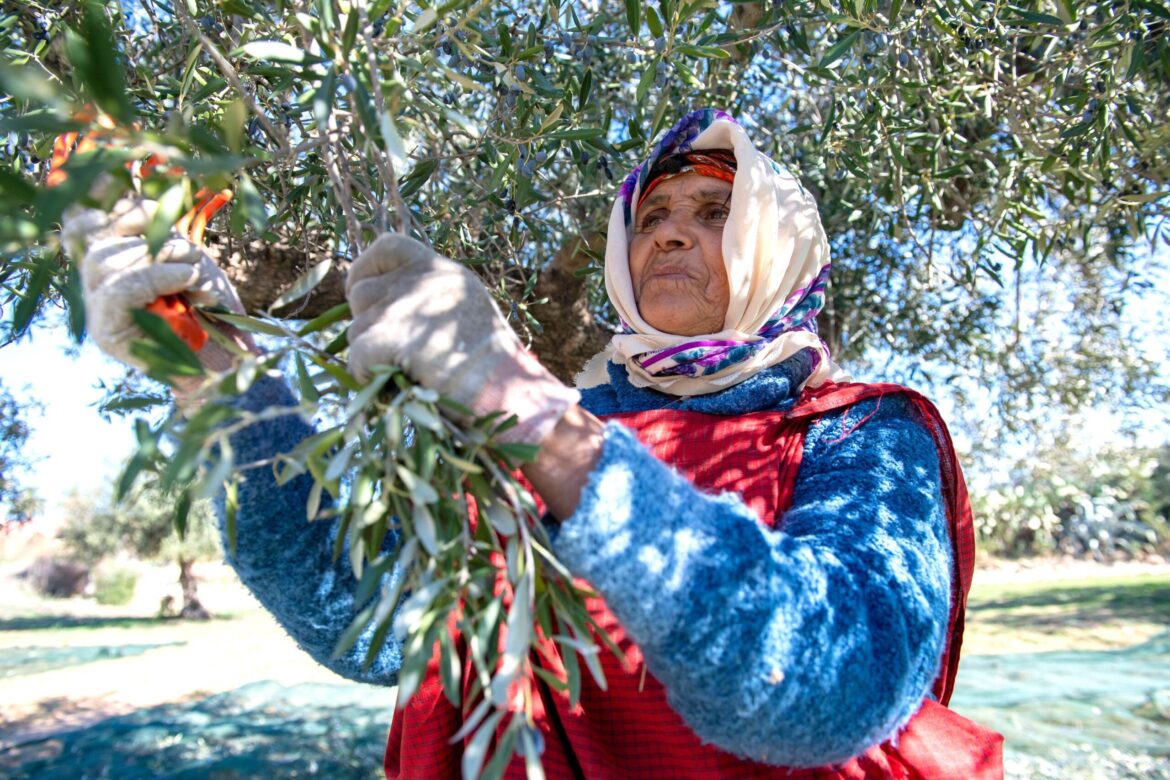Olive oil is main US export
$600m trade deficit with US
EU also sets import quotas
Freshly proposed US tariffs combined with European Union protectionist measures threaten the growth of the Tunisian olive oil industry, experts have told AGBI.
Donald Trump’s latest tariffs decision includes a 25 percent tariff on Tunisia.
The small North African country exported $1.1 billion worth of goods to the US in 2024, while it imported only $503 million – a $600 million trade deficit that constitutes a “major threat” to the US economy and national security, Trump wrote in a letter to Tunisian president Kais Saied.
Olive oil dominates Tunisia’s US exports. In 2023 the country exported $223 million worth of olive oil to the US, with the next most important good, fertilisers, adding up to $128 million, according to Trading Economics.
Products like olive oil have a limited profit margin and will be unlikely to be able to absorb the tariffs, Sahar Mechmech, inclusive economies manager at The Tahrir Institute for Middle East Policy, tells AGBI.
Mechmech says these tariffs would “eat into” profit margins: “They’ll most likely have to pass the cost to consumers, affecting their sales.”
The US accounted for less than 3 percent of Tunisia’s exports in 2023, according to Harvard’s Atlas of Economic Complexity. Despite this, a key loss is the potential to expand into the US market and for the US to absorb excess production, says Mechmech.
Crucially, when the US tariffs of 25 percent are combined with the EU’s olive oil import quotas designed to protect Europe’s olive oil industry, Tunisian producers are left with few good export markets for expansion, Mechmech says.
Matein Khalid: Trump’s tariffs are punishment, not trade
Tunisia’s tough decisions: to reform or face debt default
Trade agreement talks start between UAE and Tunisia
“While some exporters may attempt to absorb part of the tariff or seek alternative markets, most will see a contraction in US-bound sales,” says Zaid Alshaalan, an economic researcher and geopolitical analyst at Tunisian economic think tank IACE.
Sectors like textiles, dates and mechanical goods face similar plights.
Tunisia’s lack of a free trade agreement with the US and its relatively high effective protection rates of up to 55 percent on US goods made it a target, says Alshaalan.
Political differences also play a role. Not only does the US now view Tunisia as an unfair trading partner due to high import barriers, but also one that is “no longer aligned with American political or strategic interests,” Alshaalan says.

